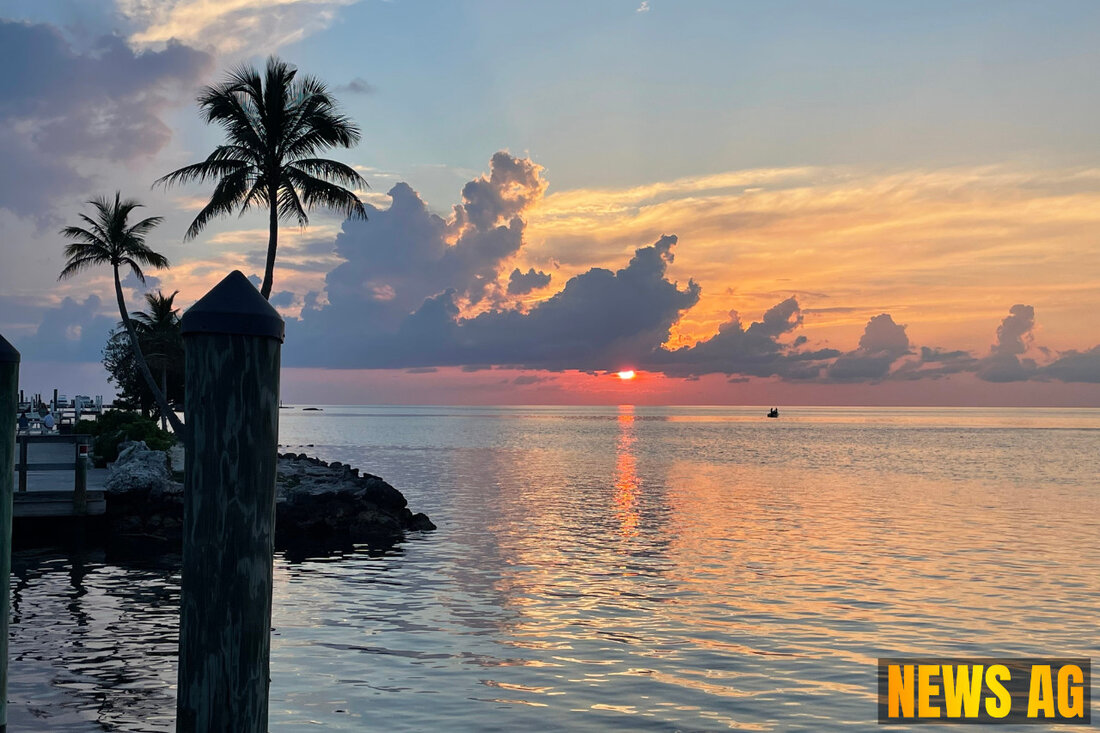DeSantis Bans Oil Drilling along Apalachicola River in Major Win for Locals
Florida Governor Ron DeSantis signs a bill banning oil drilling along the Apalachicola River, protecting the environment and local communities.

DeSantis Bans Oil Drilling along Apalachicola River in Major Win for Locals
In a significant win for environmental advocacy in Florida, Governor Ron DeSantis has approved a ban on oil drilling along the Apalachicola River. This decision came as part of bill HB 1143, which passed the legislature with overwhelming support — only state Sen. Rosalind Osgood voiced dissent. The governor signed the measure on June 26, 2025, but notably, he provided no commentary following the signing. The legislation couldn’t have come at a better time, as local communities were increasingly rallying against the threats posed by potential drilling.
The Florida Department of Environmental Protection (DEP) recently denied Clearwater Land and Minerals a permit for an exploratory oil well situated in Calhoun County, about 60 miles west of Tallahassee. This location lies within a floodplain of the Apalachicola River, a site deemed sensitive due to its ecological importance, which includes habitats for several protected species. The opposition from the Apalachicola Riverkeeper, a dedicated organization bent on safeguarding the river, played a pivotal role in the outcome of this permit denial, as detailed by WTXL.
Community Support and Protests
The push for a drilling ban was not only legislative; it was deeply rooted in community activism. Coastal leaders and around 200 residents actively protested to urge DeSantis to sign the bill, as well as rallied in Tallahassee at the DEP headquarters. Local advocacy groups, including the Kill the Drill Coalition, have made it clear that their livelihoods depend on clean water and healthy ecosystems. They represent boat operators, fishing guides, and those involved in ecotourism—who all recognize that a well-preserved environment underpins their economic stability.
This local activism has been gaining momentum, particularly in the wake of the Deepwater Horizon Oil Spill 15 years ago. Although Apalachicola itself escaped the spill’s immediate effects, the damage done to the fishing industry and the region’s tourism is still felt today, as highlighted in reports from NWF.
The Path Forward
As of June 26, Clearwater Land and Minerals has 30 days to appeal the DEP’s decision, although as of this writing, no appeal has been filed. The successful passage of HB 1143 not only formalizes the ban but also prohibits the DEP from issuing permits within 10 miles of a National Estuarine Research Reserve (NERR), a restriction that protects the remaining 52 miles of the Apalachicola River from oil drilling.
Local representatives, including Rep. Jason Shoaf of Port St. Joe, were instrumental in pushing this bill forward. Their collaborative efforts have undoubtedly demonstrated the power of community-driven change when it comes to environmental protection. As the region’s unique hydrology is recognized by Administrative Law Judge Lawrence P. Stevenson as inherently fragile and at risk, the DEP’s denial of drilling permits appears to align closely with the sentiments of a public keen on preserving its natural environment.
The news surrounding this legislative action confirms that people in Florida are not just watching from the sidelines. They are actively participating in mold-shaping decisions affecting their community’s ecological and economic future.

 Suche
Suche
 Mein Konto
Mein Konto